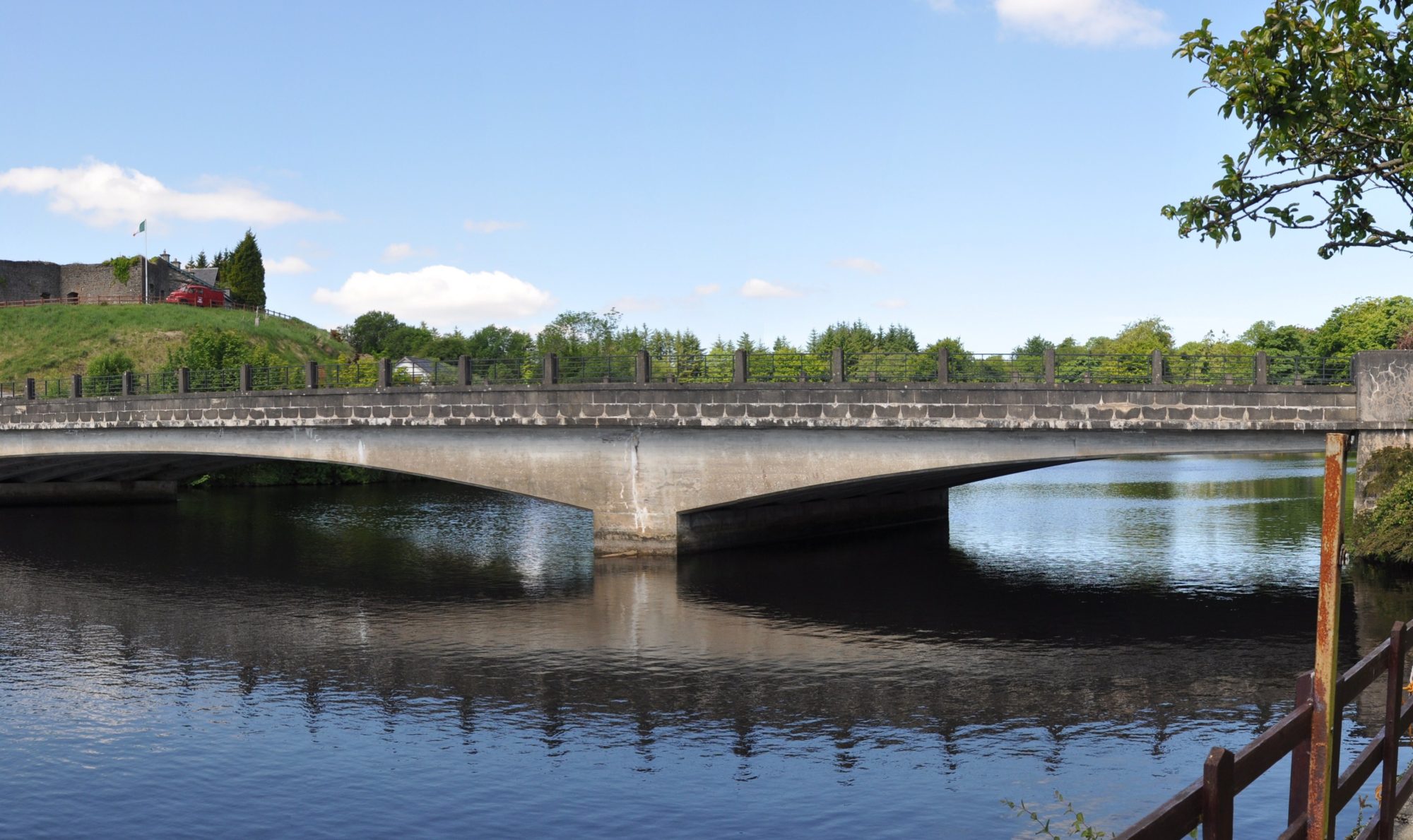
Last week, the Queen agreed to Boris Johnson’s motion to suspend (prorogue) parliament days after it is due to return this week. The closure is expected to be for around five weeks, which means that the time for politicians to push through legislation to stop a no-deal Brexit before parliament is suspended is severely limited. The return of parliamentary business after the prorogation is proposed for 14 October – dangerously close to the date of Britain’s proposed departure from the EU on the 31st.
Protests have taken place across Britain against what is seen as an anti-democratic move (#DefendOurDemocracy; #StopTheCoup). Crowds in London and other cities including Bristol, Birmingham, Sheffield, Manchester, Swansea, Liverpool and Belfast chanted lines such as ‘Stop the Coup’, ‘Boris, Boris, Boris – out, out, out’ and ‘Bollocks to Brexit’. Labour shadow chancellor John McDonnell called Boris Johnson a ‘dictator’, adding that the suspension of Parliament had ‘rightfully’ been called ‘a very British coup’.
In Belfast, protesters underlined their further lack of political representation in Northern Ireland in the context of the collapse of the devolved power-sharing executive and assembly in Stormont in 2017. The Northern Irish Assembly was established as a condition of the Good Friday Agreement (or Belfast Agreement) of 10 April 1998. The Assembly was set up as a structure for the DUP and Sinn Féin to work together in a mandatory coalition in which nationalist and unionist parties share power. The coalition dissolved when Martin McGuinness resigned as deputy first minister over the DUP’s handling of certain policies, which meant that DUP leader Arlene Foster lost her job as first minister, triggering the collapse of the Assembly. Brenda Gough, an activist who helped promote the Belfast protest on Saturday, is reported in the Belfast Telegraph as saying: ‘A lot of people don’t seem to understand that politicians work for us, they are there to represent our voices, and we understand what it is like not to have that in Northern Ireland because obviously Stormont has been shut down for two-and-a-half years’. She added: ‘The fact that democracy has now been removed from our society is exceptionally sinister’.
Raymond McCord, a victims’ campaigner in Northern Ireland whose son was murdered by loyalist paramilitaries in 1997, is launching a legal bid in Belfast to reverse Boris Johnson’s advice to the Queen to suspend Parliament. This injunction is being pursued in advance of judicial review proceedings against the Government to stop a no-deal Brexit, which McCord claims would damage the Irish peace process. On Boris Johnson, he is quoted by the Belfast Telegraph as saying: ‘This is a Prime Minister who will do anything to get his own way without concerns for the people of Northern Ireland and the peace process.’ Judges will decide today whether the injunction case will be heard later this week. The full hearing is currently set for 16 September.
In yesterday’s Sunday Telegraph, the European Commission’s chief negotiator Michel Barnier is unequivocal about the EU’s commitment to the Irish backstop, deal or no deal:
‘In case of no deal, all the UK’s financial and other obligations from its past EU membership will continue to exist, as well as obviously the international obligations it has to protect the Good Friday Agreement, in all its dimensions.’
Meanwhile, yesterday Michael Gove launched the government’s £100-million public information/propaganda campaign under the slogan ‘Get Ready’, in preparation for (a no-deal) Brexit. It has been described as the largest single advertising campaign since the Second World War.
- more to follow…

